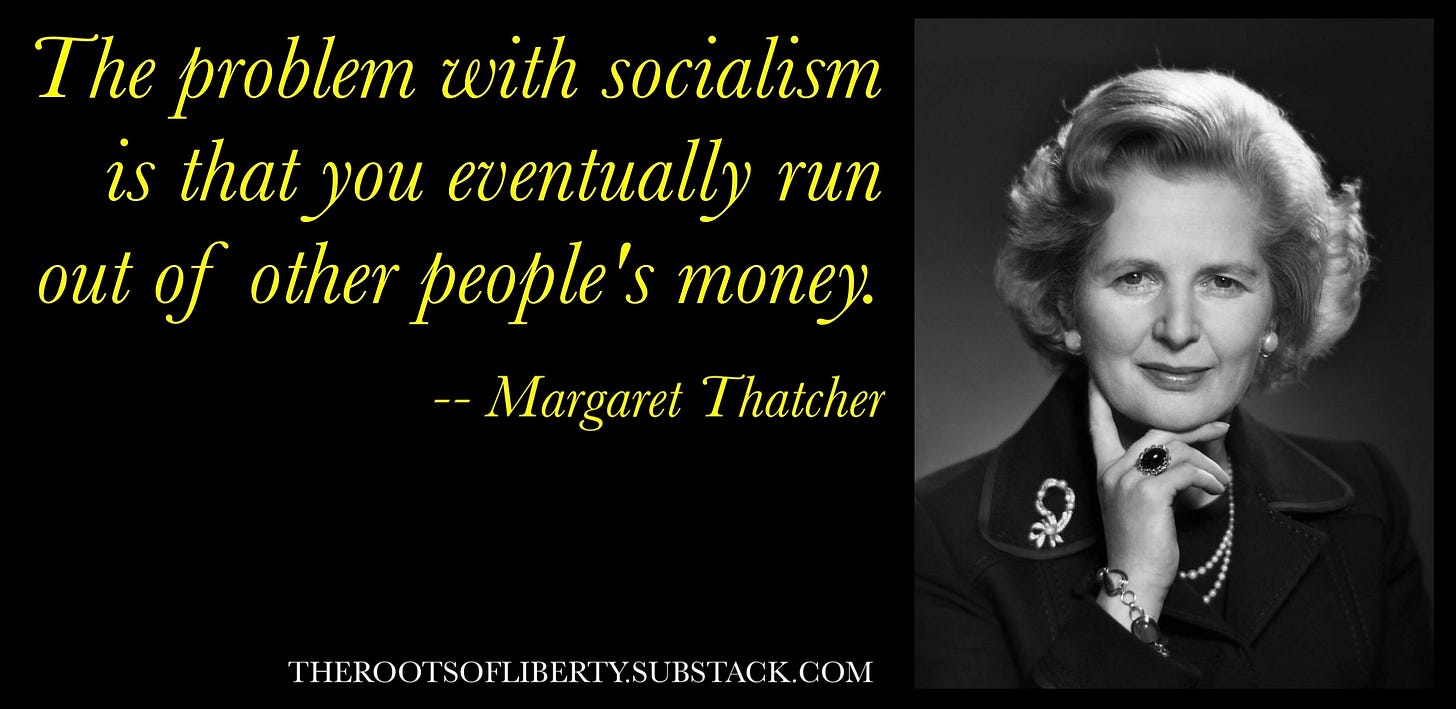I'm a fan of Taylor Swift.
Not of her music - my musical tastes orbit a slightly heavier barycenter - pun intended - but of her success.
She is the biggest pop star on the planet today, having sold 114 million album units and with a net worth of over a billion dollars. For writing and performing and marketing what many would call bubblegum pop.
I'm also a fan of the Kardashians.
Not of their products or "product," which are of no use or interest to me, but of their converting a stint as OJ's lawyer, a friendship with Paris Hilton, and a sex tape into a multi-billion dollar empire.
Both Swift and the various Ks have, at their core, an obvious business savvy and an as-obvious work ethic.
Swift is widely adored, with an army of Swifties hanging on her every move (and pouncing on every detractor). A university is even offering a course on her.
The Ks, on the other hand, incur a whole lot of disdain and disparagement.
Doesn't matter to the Ks, who are four of the top ten most followed Instagram accounts (300-400 million each). Swift, meanwhile, is no slouch at 15th.
I'm currently watching the FX series A Murder At The End Of The World, a show about a clever young true-crime podcaster who gets invited to an eccentric billionaire's luxe hotel in Iceland. She, along with a handful of other intellectual standouts, are hosted by that billionaire for a purpose that's not yet been revealed. This being 2023 and it being an entertainment offering produced in America, it contains several typical progressive tropes, including "climate catastrophe is sooner than we think" and "capitalism is bad."
The former is virtually required for something to get produced nowadays, while the latter reflects a completely twisted yet increasingly popular worldview. As does the "eccentric billionaire with way too much free time."
Fact is, most successful people have worked their asses off to achieve that success. 88% of millionaires are self-made, and while generational wealth has a greater presence among the ultra-rich, building on what you inherited is also rooted in hard work, ambition, drive, and more than a little bit of vision. This is affirmed by the converse - the examples of scions squandering their family fortunes on "bad bets" or by prioritizing luxe life over work. A proverb found in many cultures goes, "shirtsleeves to shirtsleeves in three generations," which warns that continued wise stewardship and hard work are necessary to perpetuate success. Only about 10% of the original Fortune 500 companies (1955) are still on the list, and about half of them have ceased to exist.
Wealthy people stay wealthy by putting their money to work. It is capital investment that fuels productivity increases, which in turn make all of society wealthier and raises living standards. Herein lies one of the worst misconceptions that the envy group holds: that society would be improved if rich people's wealth was "redistributed."
As I've noted many times before, "redistributed" is just a fancy way of saying "taking some people's money, by force, in order to give to those you think deserve it." In taking that money from the people who made it, and who by doing so have demonstrated they know how to put money to productive use, you detract from that productivity. Might you argue that the Kardashian's billion dollars would be better used as food stamps? What happens when you've liquidated their businesses (you do realize that their cash isn't just cash sitting in a box, right?) and the billion has been eaten? What of all those people who worked in the companies you liquidated?
It is common to see people making themselves feel better by tearing down the successful, but the form of self-esteem it creates is a corrosive and hollow one. Both personally and societally.
Conversely, people can engage in vicarious pride or happiness when someone or someones they like succeed. If you've ever been an "early fan" of a band that later became huge, you can go down that path - and be better for it - than being the snob who either accuses others of being late to the party or, worse, of yelling "sellout!" the moment the band hits it big. It is the very rare person who'd rather wallow in obscurity than have his art reach millions, so the band is almost certainly not with you in decrying its "new" fans.
A product does not have to be to your taste or even liking for you to accept that millions of others do like and want it, or to respect the originator's success. Respecting the individual preferences of your fellow humans is a better path to personal happiness than scolding them about it, either directly or internally. Respecting others' success is likewise a good thing.
If nothing else, it might make you less likely to demand that their success be taken from them, and more likely to make you to chase your own success.
We see what envy has done to societies. We see how stealing from the successful diminishes all but the thieves themselves.
Want to help society? Want to move towards greater harmony and prosperity for all? Be a positive figure, not a taker or a destroyer. That's the first step.






Good piece! What I like about Ms. Swift and the Kardashians is that I have the freedom and power to ignore them - not that I have an animus toward them, but, what they do simply doesn’t interest me, or isn’t my taste. To borrow from the old Stone Pony’s (Linda Ronstadt was the lead singer) song from the late 60’s, “Different Drum,” I prefer to march to the beat of a different drum. I rejoice that we have many different choices.
Nice message Peter. I'm neither a "fan" of Swift nor the Kardashians, but I can (and do) respect their success (even if I don't in the least understand the success of the Kardashians). Definitely keeps things in perspective though. They prove that , with a little ingenuity, and a lot of hard work, anyone can find success. And that is a lesson many could stand to learn, as it is far better than lusting after OPM.